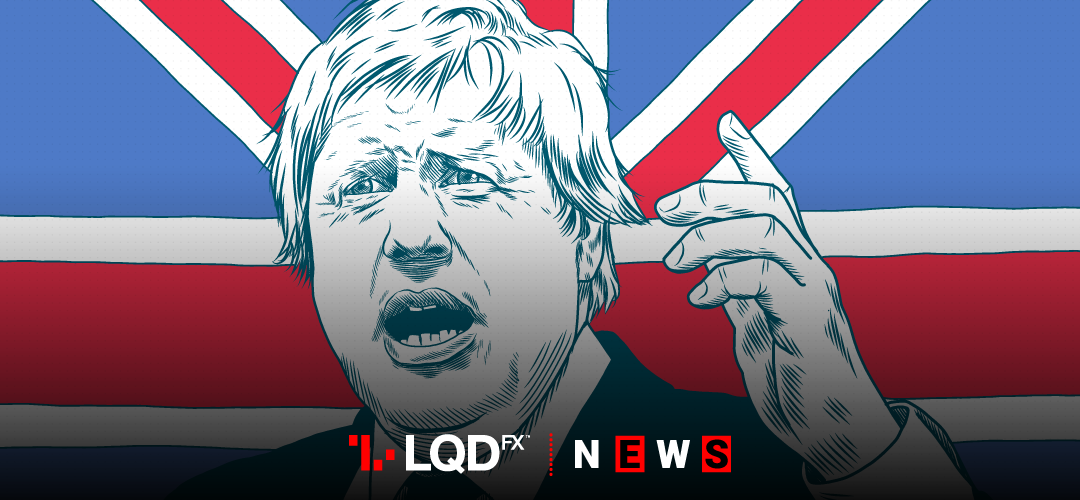Sterling, already trading near its lowest in two years, was little moved after Boris Johnson won the contest to be Britain’s new prime minister. Investors are still worried whether he would lead Britain towards a no-deal Brexit.
The pound gradually recovered from early losses and edged back into positive territory after Johnson won. But the move was minimal. Also, analysts said it reflected a mini relief-rally following weeks of losses as markets priced in his victory.
Attention now turns to how many ministers opposed to Johnson’s tough line on Brexit will resign in coming days. Two junior ministers have already quit over Johnson’s plans. The make-up of his cabinet and the tone of initial negotiations between the newly elected PM and Brussels remain at the heart of the concerns.
Johnson, a former mayor of London, has been one of the most divisive politicians of his generation. Besides, he’s seen by many as the man who most influenced the UK’s decision to leave the EU.
Johnson has said Britain will leave the EU on the Oct. 31 deadline even if no transitional arrangements are in place. That has panicked investors who fear a no-deal Brexit will cause significant damage to Britain’s economy.
Johnson’s belligerent tone has taken sterling 2% lower against the dollar this month. The British currency has depreciated in 11 weeks out of the past 12.
The pound traded at $1.2472, down 0.1% on the day. Sterling hit a 27-month low of $1.2382 last week. Against the euro it was down 0.2% at 89.640 pence.
START TRADINGForex – Mini relief-rally for sterling as Johnson wins
The dollar’s strength was due to a broadening weakness in the euro. Investors gear up for news of fresh stimulus from the European Central Bank on Thursday.
The dollar to a two-week high versus its rivals on Tuesday. Yesterday U.S. President Donald Trump and congressional leaders agreed a two-year extension of the debt limit, dousing fears of a government default later this year. The greenback rose 0.31% versus a basket of its rivals to 97.47, its highest level since July 9.
The New Zealand dollar was the biggest loser among developed currencies
The euro struggled against the dollar.
Yet, it held firm at a two-year high versus the low-yielding Swiss franc, at around 1.10 francs per euro. Rising concerns that the Swiss National Bank may intervene aggressively to weaken the currency weighed.
The Swiss franc pulled back after rising to another two-year high against the euro. By 0730 GMT, it had shed 0.1% to 1.1023 after earlier plumbing 1.1013 francs per euro. The Swiss currency has benefited from investors looking for a refuge from worries about the euro zone economy.
In commodities, oil slipped to around $63 a barrel on Tuesday as concerns faded for now that rising tensions in the Middle East would escalate. Brent crude fell 31 cents to $62.95 a barrel by 1227 GMT on Tuesday. U.S. WTI crude slipped 23 cents to $55.99.
PLEASE NOTE The information above is not investment advice.
Sources: Reuters, Investing, CNN money
